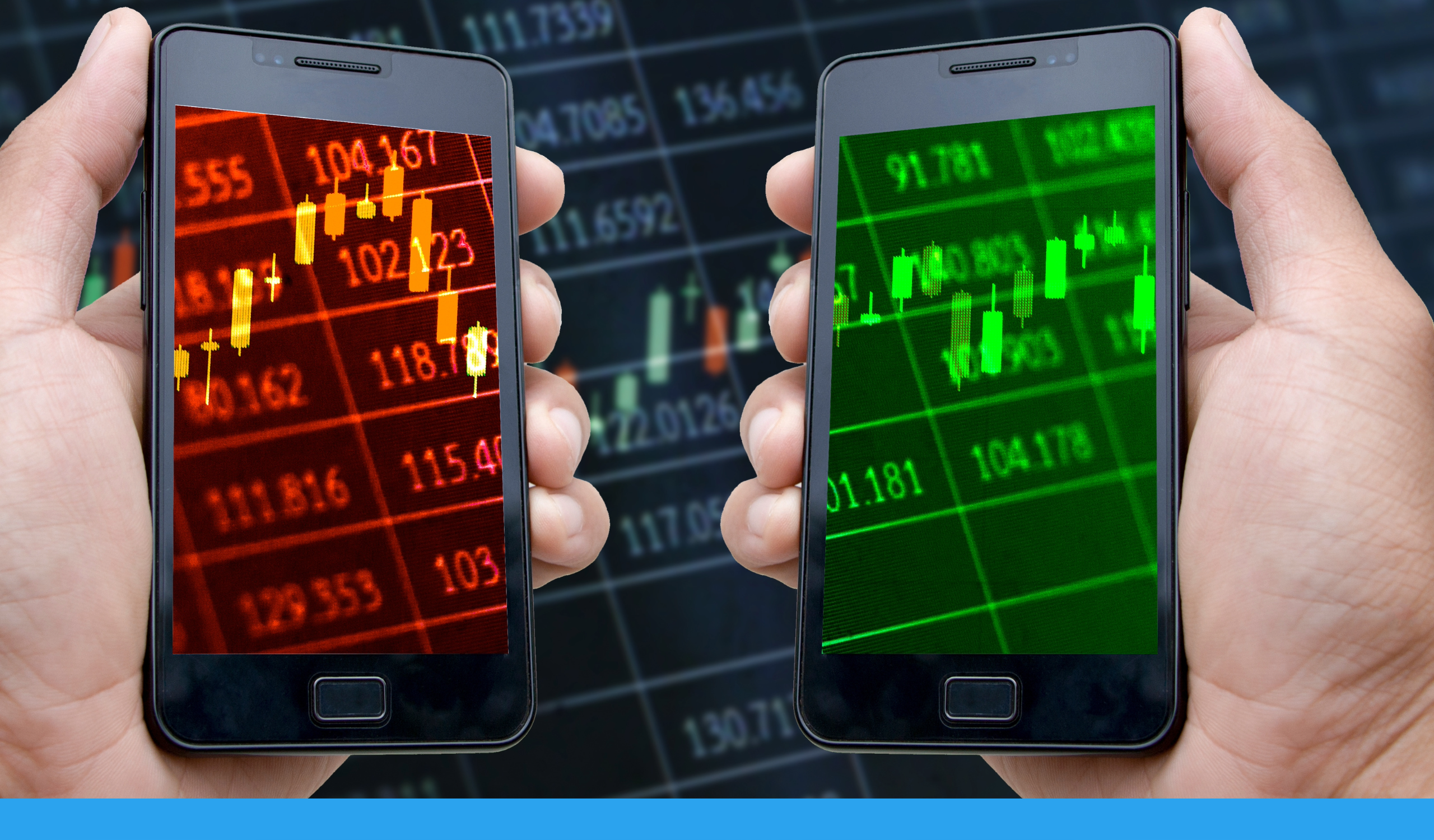
In today’s fast-paced world, many are asking, “can I trade without diving deep into the stock market tutorial?” The answer lies in the innovation of signal trading.
What is Signal Trading?
Signal trading, a rising star in the trading platform universe, provides investors with specific buy or sell signals, often generated from seasoned traders or sophisticated algorithms. Instead of spending all your time watching stock trading tutorials or spending hours deciphering trading strategy guides, you can receive direct signals, making the process feel like having a “trader for you.” One of the best signal trading platforms is Echo Trade, where you can connect to portfolios built by wealth managers.
Advantages
Guided Trading for Beginners: For those who often wonder “how to use trading signals” or are searching for a “trading for beginners” guide, signal trading offers a clear path. It’s like having a stock market tutorial in real-time, guiding each step.
Access to Expert Insights: Signal trading platforms often function as a social trading platform, allowing users to tap into the expertise of seasoned traders in the stock market.
Time-saving: Signal trading can provide you with direct market insights. This saves you the time of having to learn the anatomy of the market by yourself.
Learning Opportunity: Observing and understanding the rationale behind signals can be an educational journey, akin to a live stock market tutorial.
Integration with Trading Platforms: Many top signal trading services integrate with popular trading platforms. This helps ensure swift action on signals.
The rise of signal trading can be attributed to the human desire for guidance. When we receive a signal, especially from a platform that feels like the best social trading platform, it’s like having a “trader for you,” providing a sense of security and validation.
Risks and How to Mitigate Them
While signal trading offers numerous advantages, it’s essential to be aware of its risks. One primary concern is the over-reliance on signals without understanding their basis.
To mitigate these risks:
Diversify Among Signal Sources: Just as you’d diversify your investment portfolio, consider using signals from multiple sources.
Stay Informed: Even if you’re acting on signals, make an effort to understand the market trends and the reasoning behind each signal.
Regularly Review Signal Performance: Ensure that the signals you’re acting upon have a track record of accuracy.
The Future
With advancements in technology, we can anticipate more advanced copy trading software that might merge with signal trading, offering a blend of both worlds. The rise of decentralized finance (DeFi) and blockchain technology might also play a role in the future of signal trading, ensuring more transparency.
Choosing the Best Service
When you’re ready to dive in, you might wonder, “what’s the best copy trading platform for signal trading?” or “which is the best social trading platform?” It’s essential to choose a service known for accuracy, transparency, and timely signal delivery.
Signal trading has transformed how many approach the stock market. Whether you’re a novice seeking a structured introduction or an experienced trader looking to complement your strategies, signal trading provides a blend of convenience, potential profitability, and continuous learning. Always prioritize research and choose the best signal trading service that aligns with your investment goals.
Conclusion
Signal trading has reshaped how many approach stock trading. Whether you’re just getting started or a veteran trader, signal trading offers convenience, potential profitability, and continuous learning. Always prioritize research and choose platforms that align with your investment goals.
FAQs
- What is signal trading? Signal trading provides investors with specific buy or sell signals, often generated from seasoned traders or sophisticated algorithms. These signals guide investors on when to make a particular move in the market, simplifying the decision-making process.
- Are signals good for trading? Signals can be beneficial for trading, especially for those who may not have the time or expertise to analyze the market in-depth. However, the effectiveness of signals depends on their accuracy and timeliness. It’s essential to source signals from reputable providers and to use them in conjunction with your research and understanding of the market.
- What is the best signal for trading? The “best” signal for trading varies based on individual investment goals, risk tolerance, and market conditions. Many of our users at Echo Trade have found success with some of our top ranking portfolios.
- How much does a trading signal cost? The cost of trading signals can vary widely. Some providers offer free signals, while others might charge a monthly or annual subscription fee. Premium signals, which claim higher accuracy or come from highly reputed sources, might cost more.
- How do I start trading signals?
To start trading signals:
Research and select a signal provider that matches your needs.
Subscribe to their service, which might involve a fee.
Integrate the signals into your trading platform if possible.
Monitor and act upon the signals as they arrive, ensuring you understand the rationale behind each signal.
Regularly review the performance of the signals and adjust your strategy as needed.